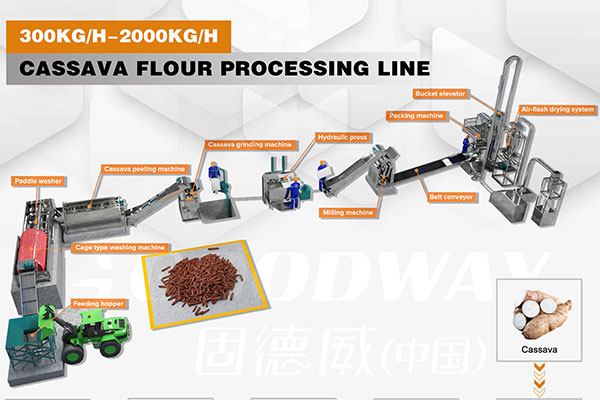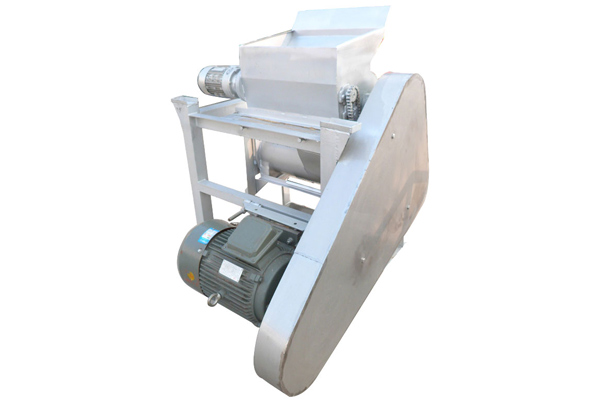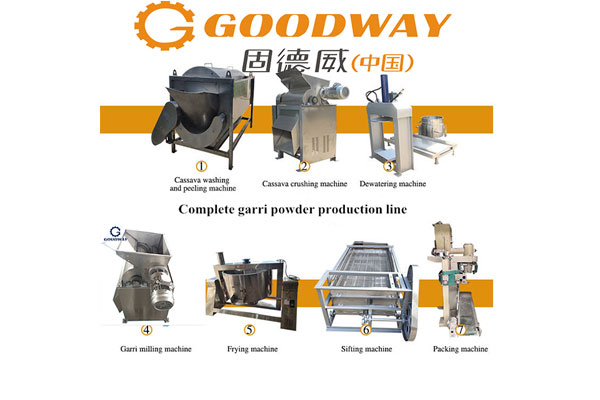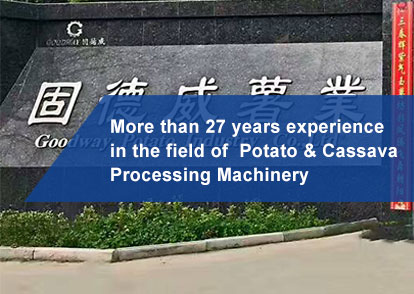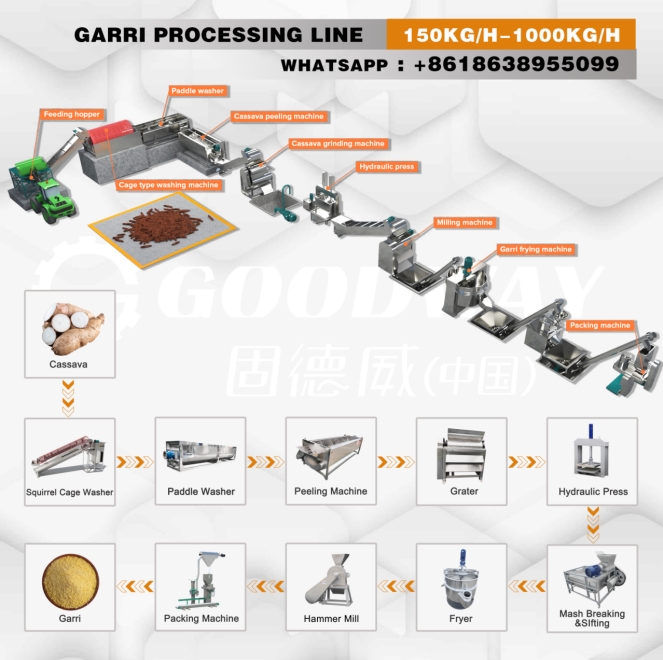Starting a garri processing business in Ghana can be a profitable venture due to high demand for garri as a staple food. Here's a structured overview to guide your decision and setup:
1. Market Demand:
Garri is widely consumed in Ghana and neighboring countries (e.g., Nigeria, Togo). Urbanization drives demand for convenient, shelf-stable foods.
Export opportunities exist to West African markets and diaspora communities.
2. Raw Material Availability:
Ghana is a top cassava producer in Africa, ensuring easy access to raw materials. Partner with local farmers or grow your own cassava.
3. Profitability:
Margins depend on scale and efficiency. Small-scale processors can earn GH₵5,000–GH₵10,000 monthly, while larger operations yield higher returns.
Value-added products (premium, fortified, or flavored garri) can increase profits.
4. Competition:
Differentiate through quality, hygienic packaging, branding, or organic certification.
Key Challenges & Solutions
· Perishability: Process cassava within 48 hours of harvest.
· Energy Costs: Use efficient roasting machines (e.g., gas-powered) to reduce firewood dependency.
· Machinery Maintenance: Choose suppliers offering after-sales support.
Garri Processing Machinery
Steps & Required Equipment:
1. Peeling: Manual or mechanical peelers.
2. Grating: Cassava grating machines.
3. Fermentation/Pressing: Hydraulic presses to remove water.
4. Sieving: Rotary sievers for smooth granules.
5. Roasting: Garri fryers (manual or automated).
Where to Buy Garri Processing Machines:
Chinese Manufacturers: NANYANG GOODWAY MACHINERY&EQUIPMENT CO.,LTD (full processing lines).
Cost Estimates:
· Small-scale grating machine: GH₵3,000–GH₵8,000.
· Full processing line (peeling to roasting): GH₵50,000–GH₵150,000.
Tips:
· Prioritize local suppliers for easier maintenance.
· Attend agricultural fairs (e.g., Agrihouse Ghana) to compare machinery.
Next Steps
1. Market Research: Survey local prices, demand, and competitors.
2. Business Plan: Outline costs, funding sources (e.g., NBSSI grants), and marketing.
3. Training: Contact MOFA (Ministry of Food and Agriculture) or NGOs for processing workshops.
4. Start Small: Begin with manual processes, then scale up as profits grow.
Garri processing is a viable business in Ghana with proper planning. Focus on quality, efficiency, and partnerships to succeed. Let me know if you need help drafting a business plan!

 EN
EN
 fr
fr  es
es  it
it  pt
pt 